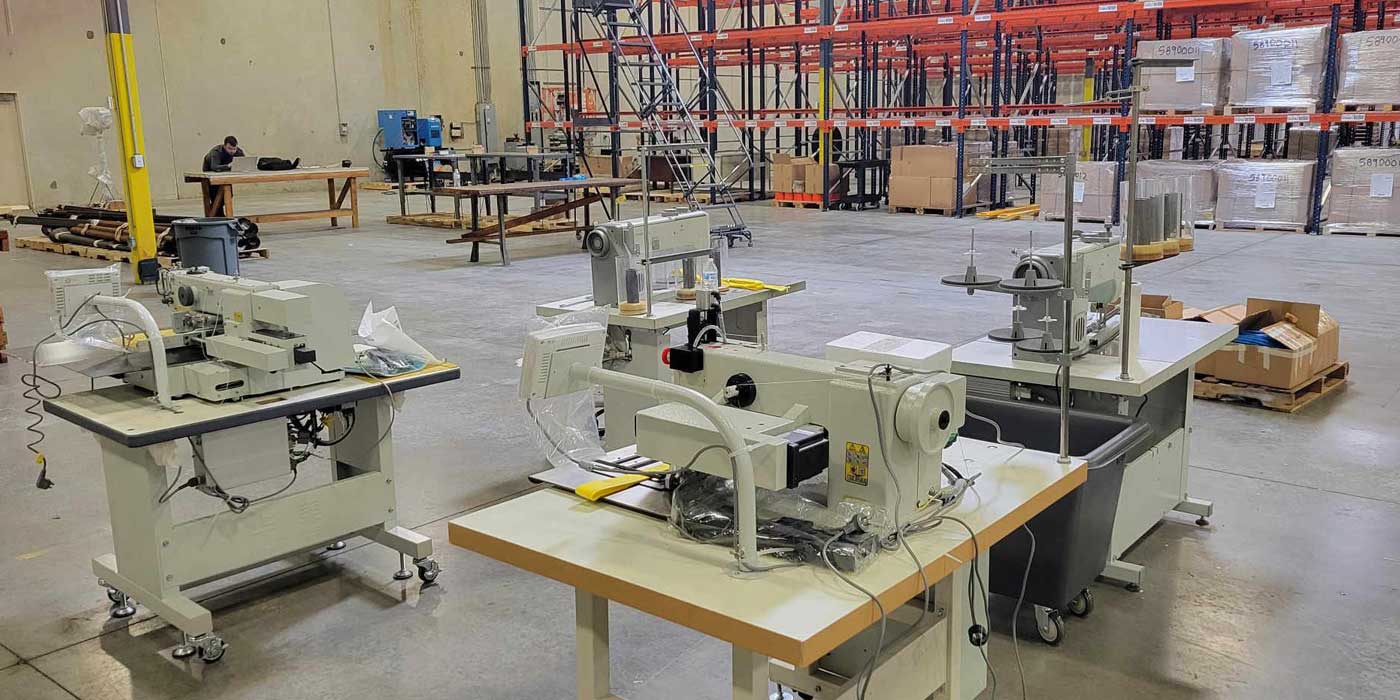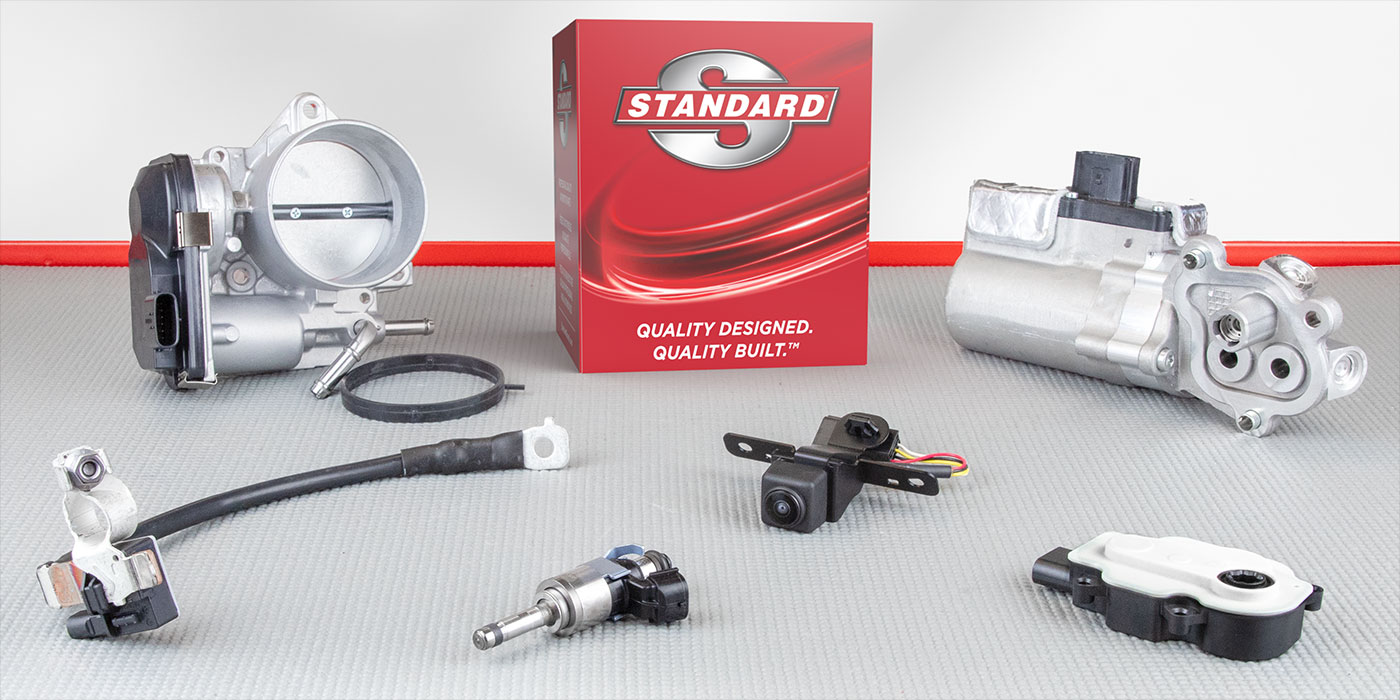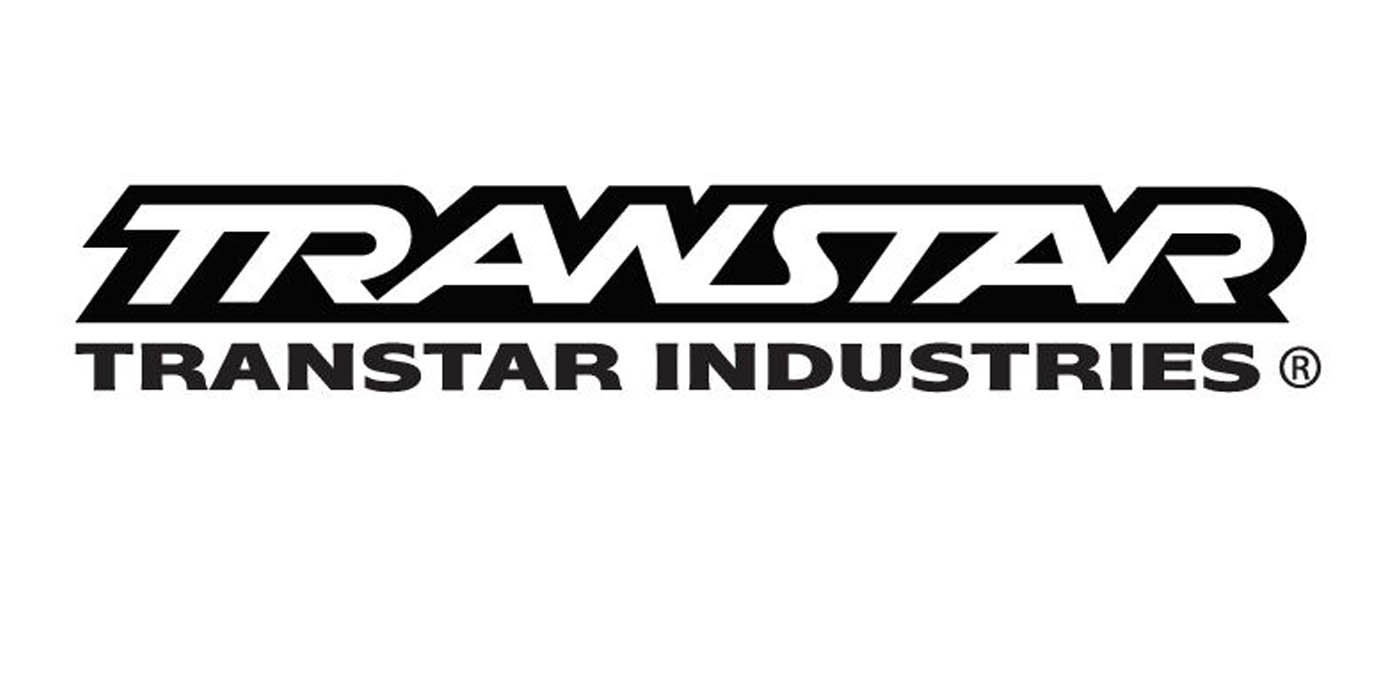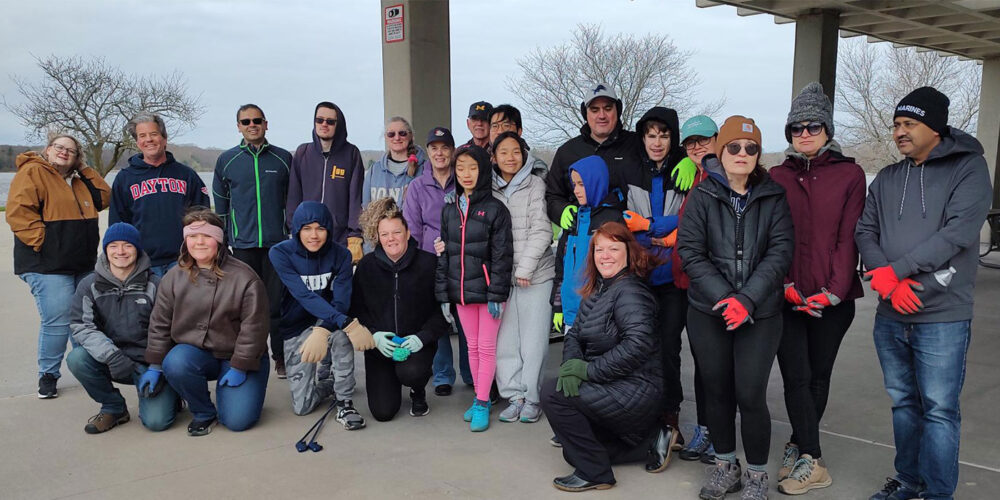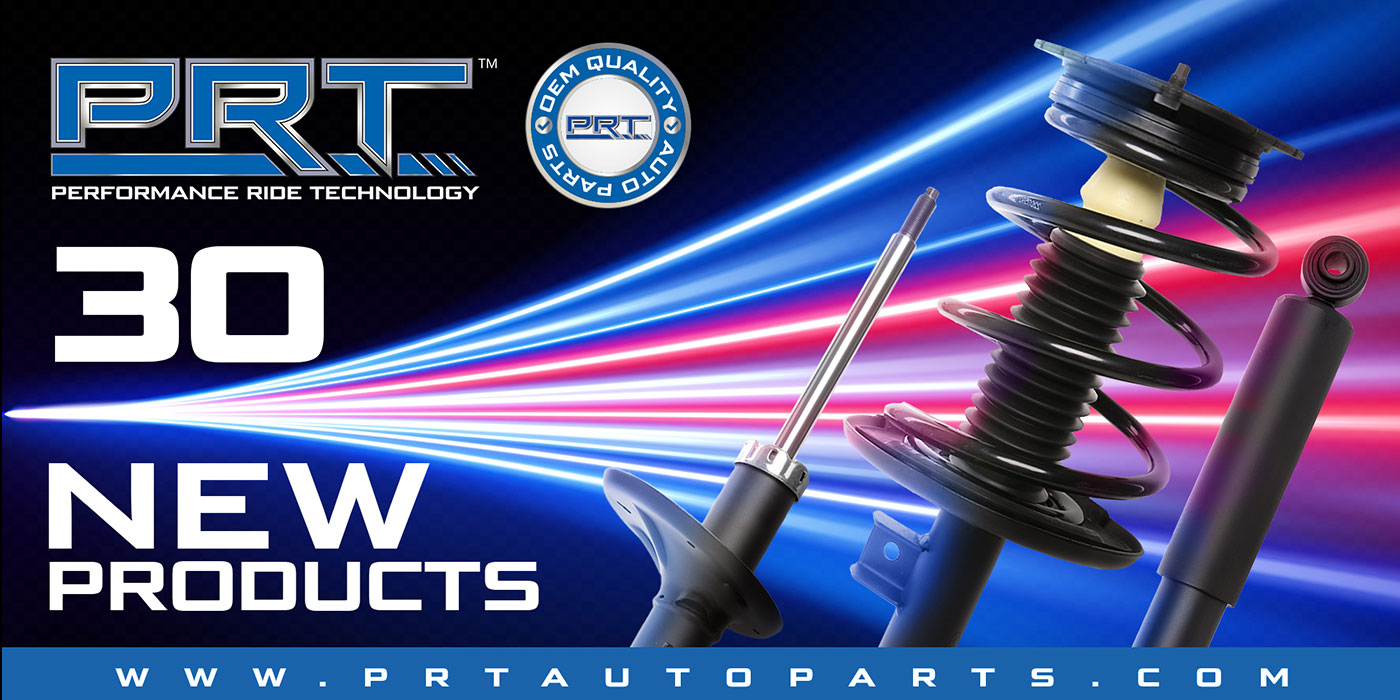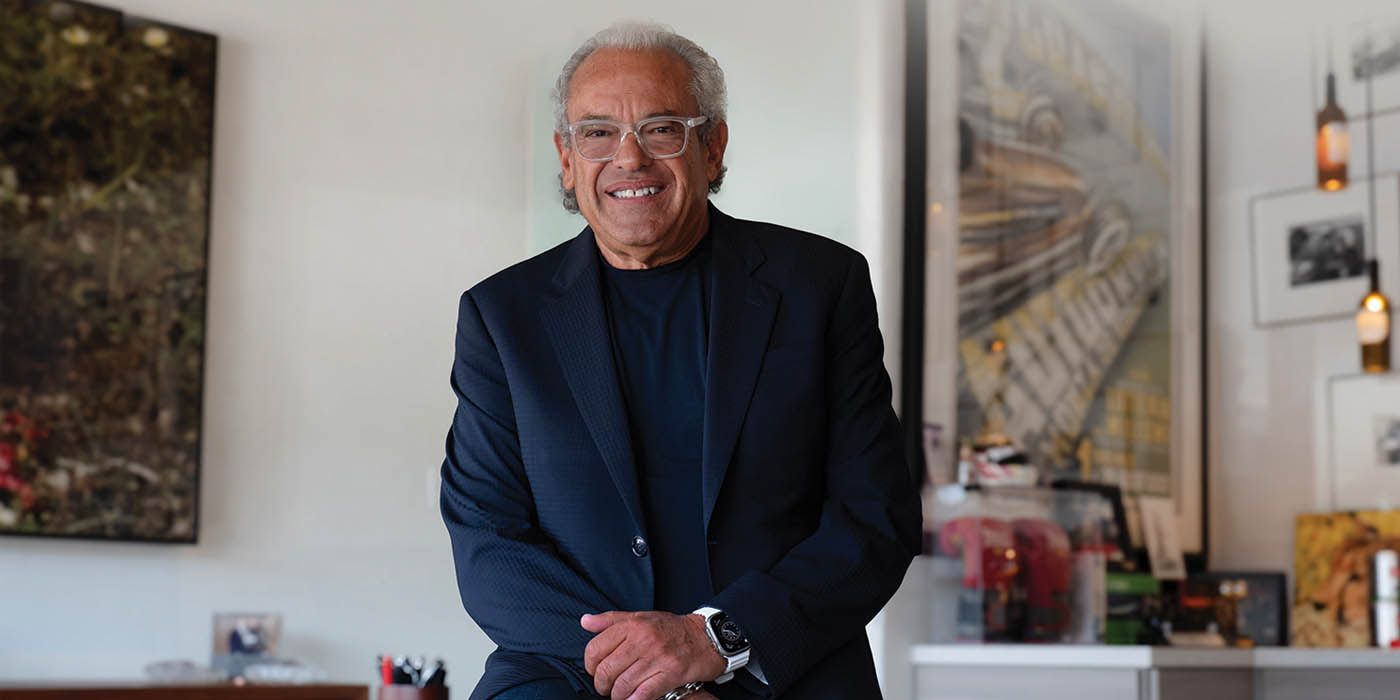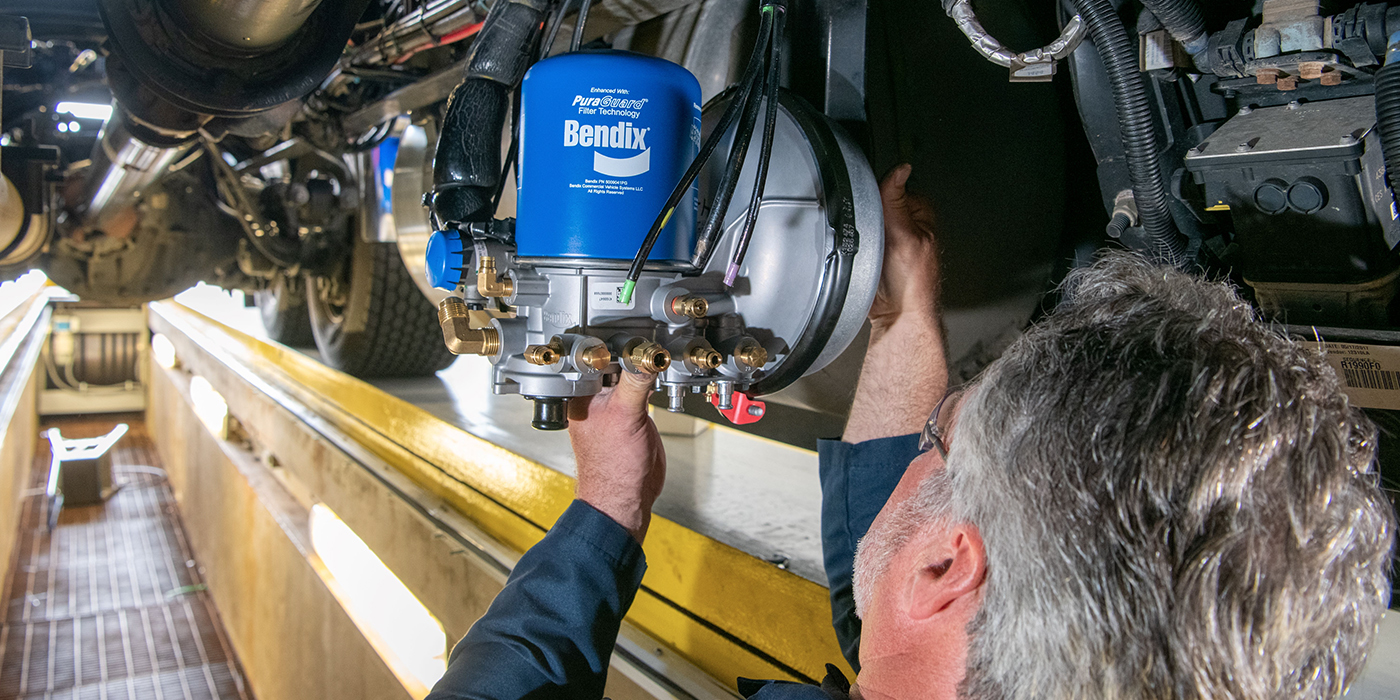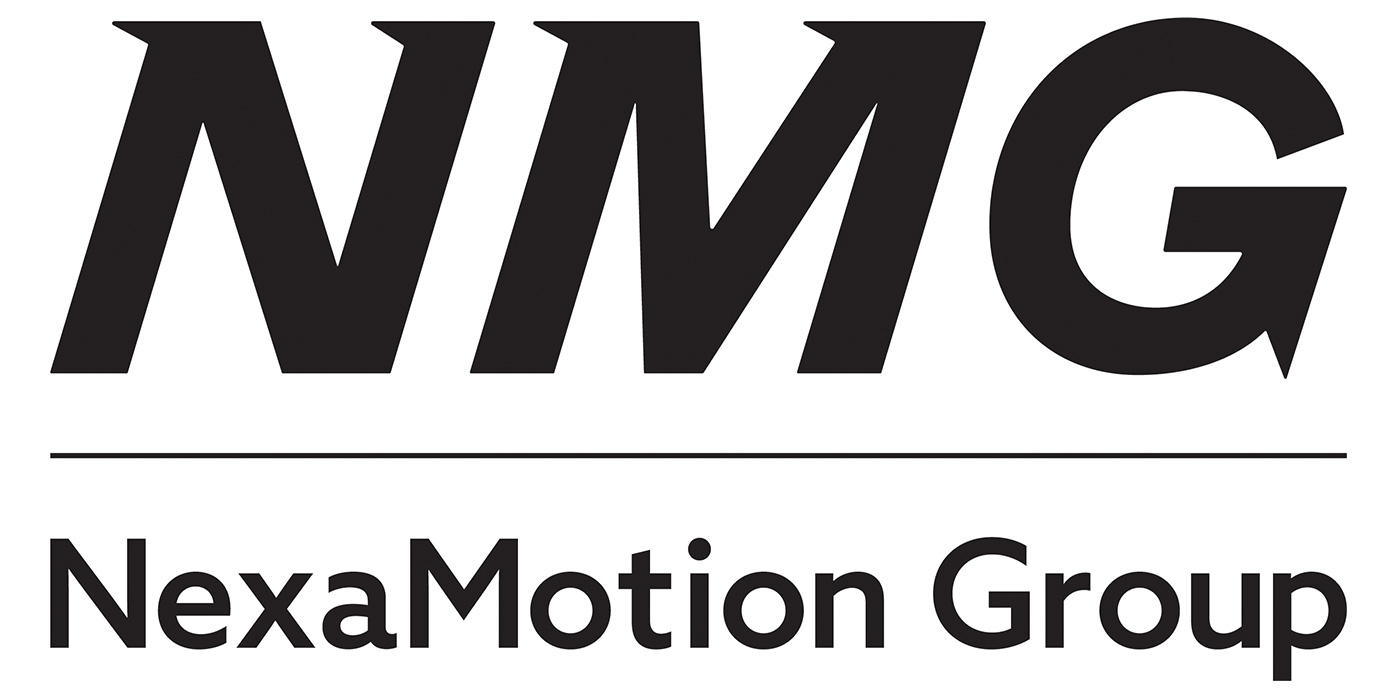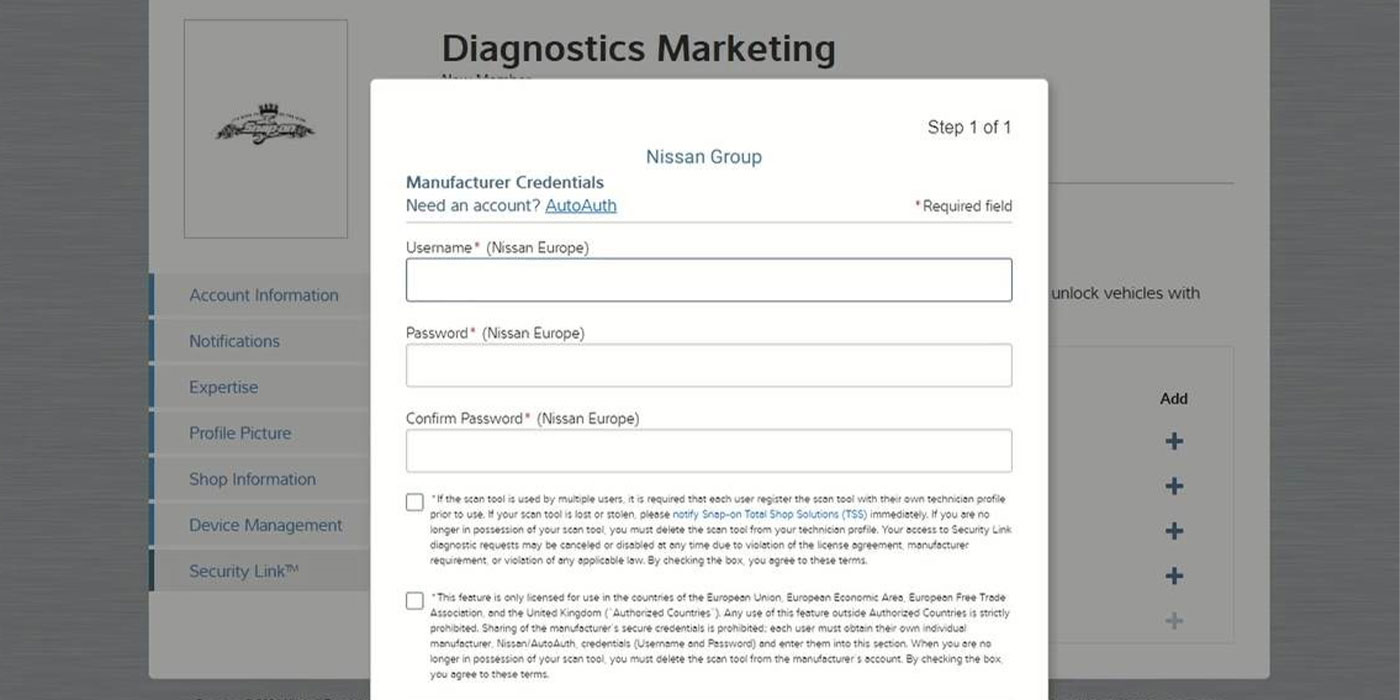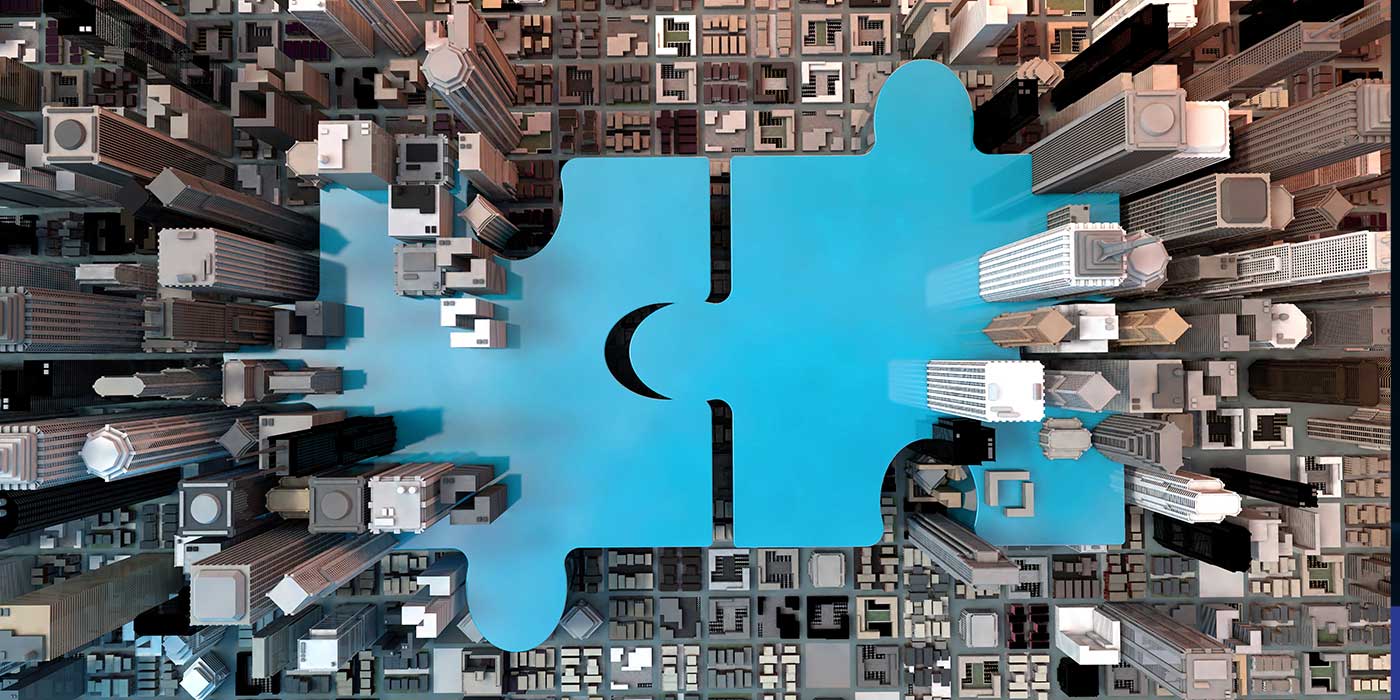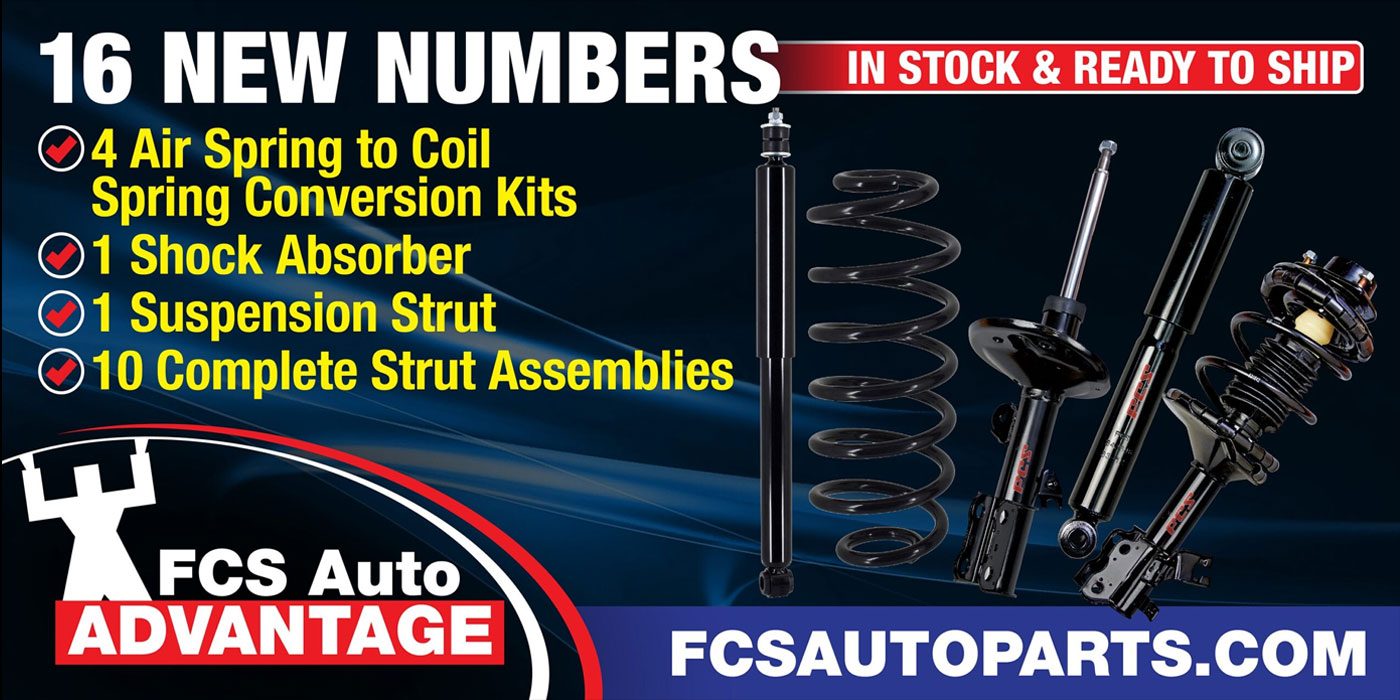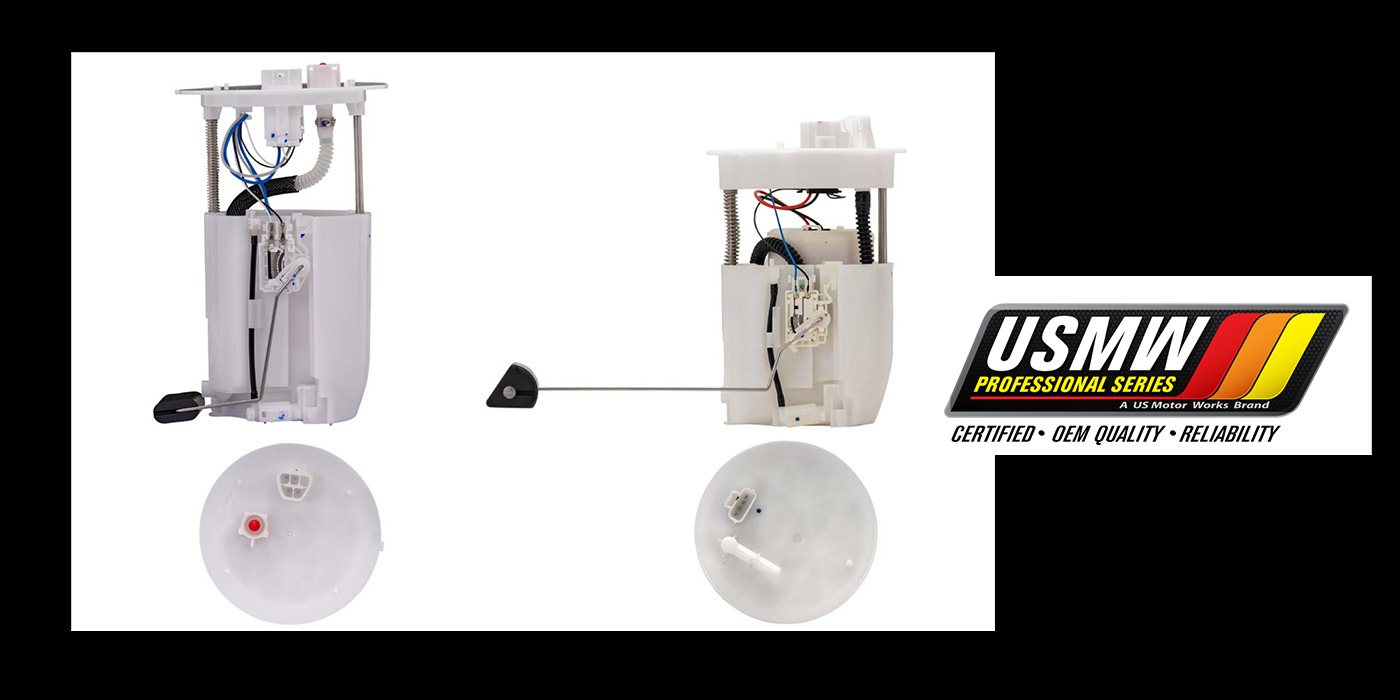Part One of a Two-Part Series
Posted: June 27, 2006, 9 a.m., EST
By Brian Cruickshank, AAP

At one time, American Remanufacturers, Inc. (ARI) was huge, with a near legendary aftermarket executive at the helm. But in the span of 25 months, the honeymoon between ARI and its new CEO Larry Pavey was more than over — it had ended in a bitter divorce that jeopardized the reputation of a respected leader, sending the company first into Chapter 11 bankruptcy, then a disastrous Chapter 7 filing that shuttered ARI’s nine businesses across North America. It left 1,600 workers without jobs, other manufacturers without product, distributors without a supplier and a question mark over the future of the remanufacturing industry in the U.S.
How did such a seemingly successful and growing company end up in such a terrible position? How did Pavey, the man credited with creating some of the most successful brands in the entire aftermarket, find himself leading a company that was headed into an irreversible tailspin?
Across the industry, people were shocked. ARI had nearly 40 percent market share, and its closure created a gaping void in the market, a void that even today suppliers are struggling to fill. Bob Smith, former chairman of the ARI board, explained just how broad ARI’s influence really was: “We were probably the only company that sold to Advance, AutoZone, CARQUEST and NAPA.”
Some pointed the finger of blame squarely at Pavey, whose brief tenure as CEO coincided with the company’s demise. Others have speculated that things were not quite right with the company, its merged components and key personalities, even before Pavey inherited them. Still others feel the company didn’t (or was not able to) react quickly enough to changing market forces in the remanufacturing business. Perhaps, it was a combination of all these factors.
Considering ARI’s size, influence and position in the industry, it was surprising that the company collapsed in such an apparently short and painfully public manner. But ARI’s slide to bankruptcy was years in the making. To the outside world, ARI’s implosion occurred in a matter of weeks; the company’s problems, however, were more deep-seated, with a history that stretched back to the late 1990s.
GROWTH MODE
In the late 1990s, things appeared good. ARI was in a major acquisition mode, helped by a private equity partner Three Cities Research, which had purchased part of ARI. ARI executives had a clear vision for the company, one discussed by Timothy Campbell, then ARI’s president and CEO, in a 2000 interview with Counterman’s sister e-publication, aftermarketNews. “If (we) could combine the best remanufacturers into one cohesive, nationwide company, we could not only compete with the biggest names in the business, but also give the industry what it needed most: a choice in remanufactured automotive products. Our bottom line is to offer our customers the most streamlined, cost-effective, one-stop shopping alternative for their product needs.”
Campbell himself was no stranger to the reman business. He purchased the assets of Automotive Caliper Exchange Inc. (ACEI) from the previous owners in 1994. When the assets of ACEI were sold to ARI in 1998, Campbell was named president and CEO of ARI. By the spring of 1999, ARI had grown through acquisition to include American Driveline Inc. (ADL), Ohio Caliper (OCI) and ATSCO Products.
Like many company mergers, integrating these companies, both culturally and operationally, proved difficult. Several people within ARI described a divided company, a collection of mini entrepreneurial fiefdoms in which each operated with no real allegiance to the new parent company. The ‘cohesive’ company Campbell wanted to create was not becoming a reality.
But at least to the outside world, ARI was becoming what Campbell envisioned: a one-stop shopping alternative for reman undercar product. Indeed, ARI had become an influential remanufacturer, with a growing list of reman product: 4×4 prop driveshafts, severe-duty brake calipers, loaded and unloaded disc brake calipers, power brake boosters and hydroboost units, power steering rack and pinion, pumps and gear boxes, along with a line of reman heavy-duty products. The majority of its sales was in remanufactured CV axles, a product line whose demand was beginning to suffer, along with many other reman lines, because of the increased availability of new, off-shore product, particularly from China.
At the time, the company appeared to be growing, publicly touting its expanding distribution facilities, which by 2000, included Southern and Northern California, Cleveland, Detroit, Las Vegas, Memphis, Phoenix and Seattle. The company also consolidated its Southern California-based ACEI operation from five locations to one 300,000-square-foot facility in Anaheim, CA.
By July, 2000, ARI again entered acquisition mode, purchasing ABS Friction, Inc., a Canadian manufacturer of integrally molded disc brake pads. With the acquisition, ARI was soon able to launch a brake parts program that included rotors, drums, brake hardware kits and brake pads and shoes for an important loaded caliper line. About a year later, the company unveiled a clutch and brake components program in addition to remanufactured brake, steering and driveline products.
ARI MERGES WITH CCT
Car Component Technologies, which had earlier been bought by private equity firm Rhone Capital, and ARI were merged in early 2003 by Rhone Capital and Three Cities Research. With the merger, CCT co-founder Bob Smith became the new chairman of the ARI board, and Campbell remained as ARI president.
The merger began a tenuous, difficult relationship between Smith and Campbell. The two men who were most needed to work cooperatively could hardly stand to be in the same room together.
PAVEY JOINS ARI
In a move that surprised many in the aftermarket, longtime Dana Corp. and Brake Parts Inc. executive Larry Pavey was named CEO of ARI on April 24, 2003. In his new position at ARI, Pavey was charged with maintaining the company’s market position in remanufactured products and building ARI’s brake and clutch programs. Smith and Campbell, despite their differences, agreed to remain at the company until the end of 2003.
Previously, Pavey had served as president of Dana’s Under Vehicle Group, with responsibility for all businesses serving brake, chassis and driveline products around the world. Under his leadership, the business became the largest brake supplier in the aftermarket, and Pavey developed a reputation as a professional whom people knew, liked and respected. Once at ARI, it wasn’t long before many Dana sales, operations and marketing executives followed him there.
In November 2003, six months after his appointment, Pavey was characteristically upbeat about his new team, position and potential for growth.
“We expect to see substantial growth in our business because many customers are looking for a new type of relationship with their suppliers,” said Pavey in a November, 2003 interview with aftermarketNews. “The focus is on truly working together and finding solutions for the issues that exist in the marketplace. But we will have controlled growth. Part of our strategy is partnering with the right customers and working to maximize their sales and profits rather than trying to sell everyone.”
Pavey’s job of managing the result of the CCT/ARI merger was not without challenges, and some have questioned the health of the two companies, even before Pavey arrived at ARI. Cash was tight, and even at this point, ARI was having trouble paying some of its bills. Additionally, some key ARI executives expressed concern about the various merged companies’ disparate information systems, many of which could not provide the kind of accurate information executives needed to get a firm hold on the company’s assets. Executives didn’t have full bill of materials information, nor complete access to standard costing. They were essentially operating in the dark, relying on physical inventories to know what they really had.
In 2003, the company showed book profits where there were none, and ARI was much sicker than anyone at the company fully understood.
When that year closed, serious financial issues arose, such as questions relating to inventory valuation and other factors that impacted earnings. It was discovered after a physical inventory that there was $8 million to $9 million in previously unaccounted (or misaccounted) core shrinkage — the result of ARI’s need to use multiple cores to remanufacture single units. This was a serious accounting oversight, due in large part to the company’s informational problems.
At this point, ARI broke covenance with its investors, ARI’s credit line was eliminated and Pavey nearly left the company.
There were also serious issues related to specific product lines. When ABS Friction was acquired by ARI in 2000, for example, it was tasked with providing friction for ARI’s new Roadproven loaded caliper program. However, installers and distributors wanted a more well-known brand name, which ARI could not provide. Thus, the Roadproven brand never caught on with customers, and sales were sluggish.
And there were other issues that hurt ARI at a time it least could afford it: ATSCO lost a vital customer (believed to be AutoZone) and most critically, the effect of new, similarly priced product, sourced mostly from China, really hurt the sales of some essential ARI reman product lines.
Part Two begins tomorrow with ARI’s struggle against new offshore product, followed by the company’s tragic tumble into Chapter 11 and subsequent Chapter 7 bankruptcies.
Editor’s note: The author has honored requests that certain individuals interviewed for this article remain unnamed.
— Brian Cruickshank is editor of Counterman magazine.
_______________________________________
Click here to view the rest of today’s headlines.

